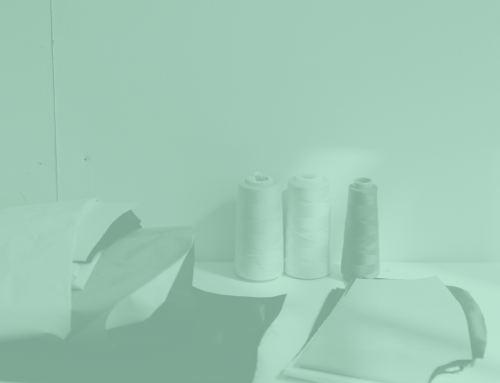Researchers at BOKU, a research institute and SCIRT partner, have been working on bio-upcycling of viscose/polyamide textile blends waste to biopolymers and fibers.
Innovative approaches for recycling and upcycling of textile waste are required to sustainably treat the tremendous, discarded amounts. Due to their high specificity and mild reaction conditions, enzymes offer an environmentally friendly alternative for separation of blended materials. Glucose was recovered from cellulose (viscose) and polyamide blends and utilized as carbon source for biosynthesis of two biodegradable polymers. Polyhydroxybutyrate (PHB) was produced by Cupriavidus necator reaching an intracellular accumulation of 60 % (w/w) and 5.2 g/L of PHB from 20 g/L of glucose-rich hydrolysate. Bacterial cellulose (BC) was produced by Komagataeibacter sucrofermentans exhibiting equal properties to BC produced in standard media as confirmed by FTIR spectroscopy, SEM, and XRD. The recovered polyamide fibers were thermo-mechanically reprocessed and characterized by tensile testing showing comparable properties to virgin material. Thus, a combined bioconversion and mechanical reprocessing approach for textile waste is demonstrated allowing for recycling and valorization of each fraction of blended materials.





